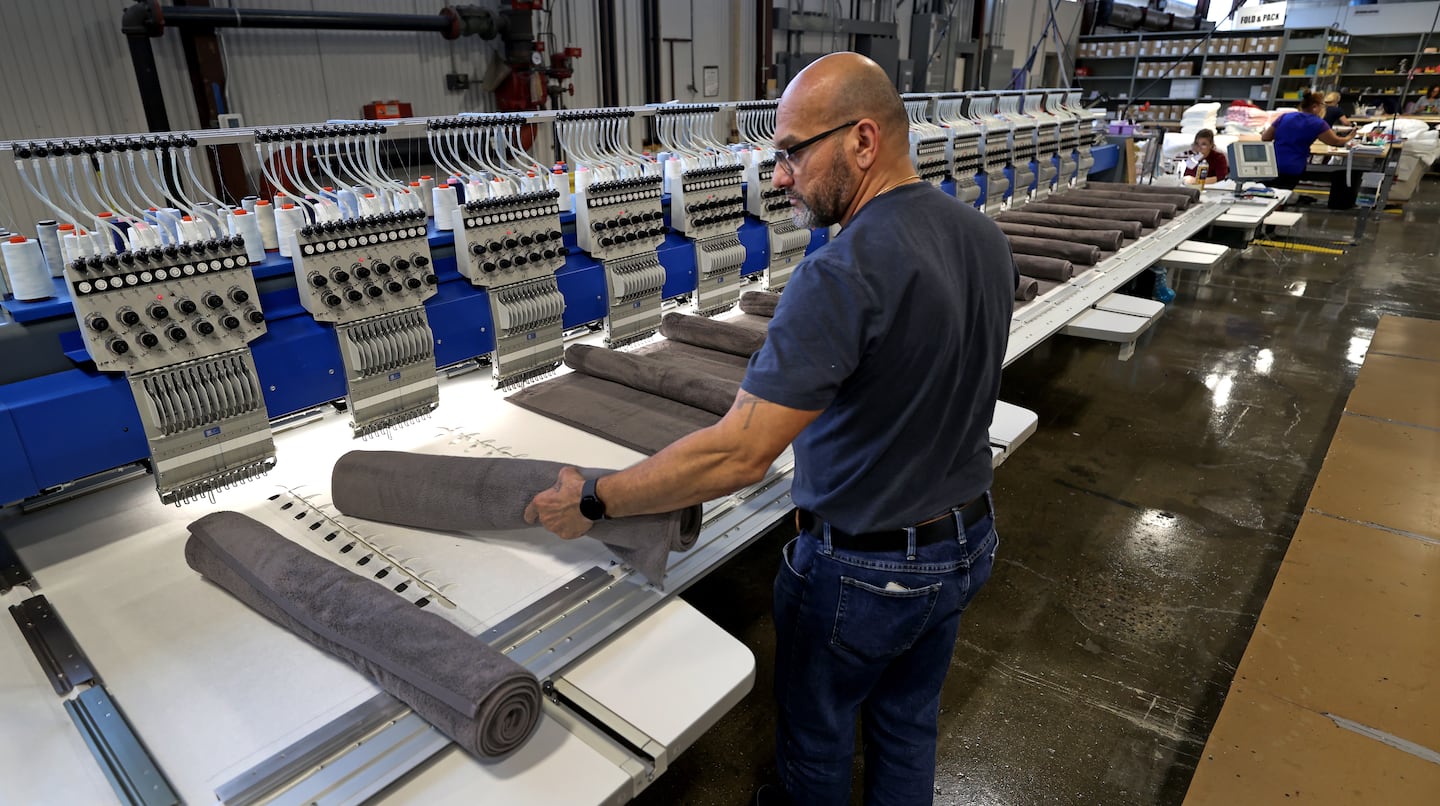Manufacturing Meltdown: Trump's Tariff Dilemma Threatens Industrial Stability

In the early months of President Trump's second term, American manufacturers are growing increasingly anxious about the potential economic fallout from his aggressive tariff policies. With less than 100 days into his renewed presidency, industry leaders are sounding the alarm about how these trade measures might actually harm rather than help domestic manufacturing.
The mounting concerns stem from a complex web of economic challenges that threaten to undermine the very sector the tariffs were intended to protect. Manufacturers are witnessing firsthand how these protectionist strategies could potentially backfire, creating more obstacles than opportunities for growth and competitiveness in the global marketplace.
As uncertainty looms, businesses are grappling with the potential ripple effects of these trade policies, worried that the short-term political strategy might lead to long-term economic consequences that could significantly impact their bottom line and future prospects.
